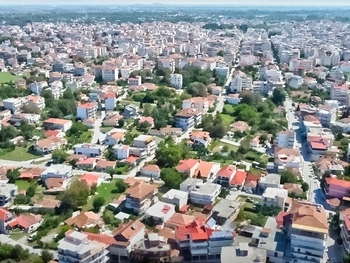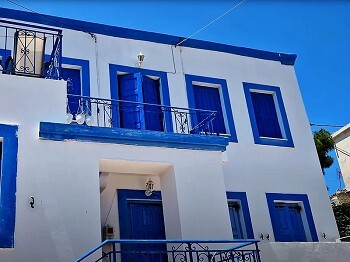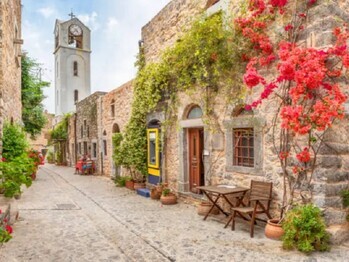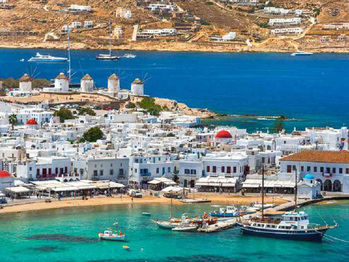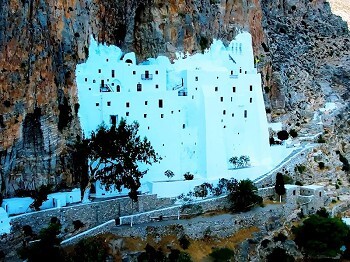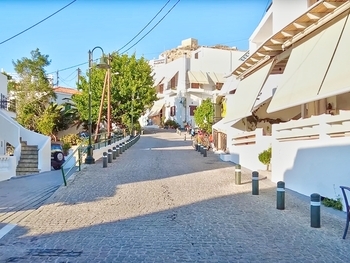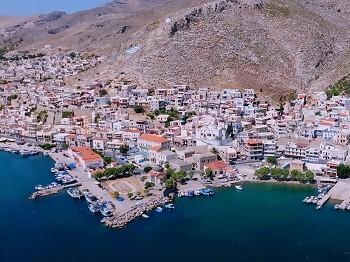Easter is a sacred occasion for Christians globally, marking the resurrection of Jesus Christ. In Greece, this holiday holds profound significance, intertwining religious observances with cultural rituals. Among these traditions, the cracking of red eggs emerges as a poignant symbol, embodying themes of renewal, unity, and spiritual depth. Let's explore the captivating history and symbolism behind this unique Greek Easter tradition.
The Significance of Red
In Greek culture, the color red carries profound symbolism, representing vitality, love, and resilience. The choice of red eggs for Easter is deeply rooted in this symbolism, symbolizing the blood of Christ shed on the cross. This association between the color red and Christ's sacrifice forms the cornerstone of the tradition.
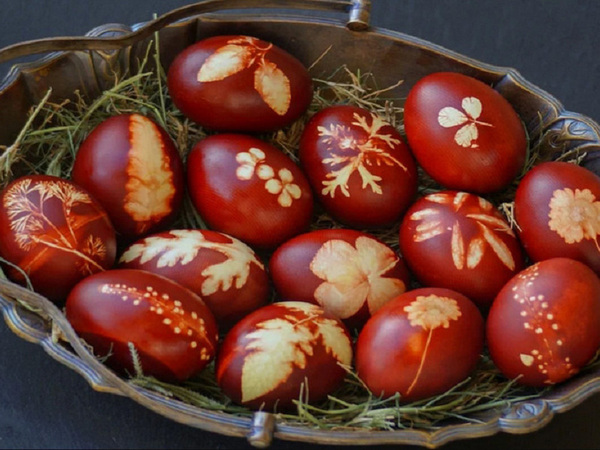
Symbol of Resurrection
Easter epitomizes the resurrection of Jesus Christ, symbolizing the emergence of new life and the triumph of light over darkness. The vibrant red hue of the egg embodies this theme of rebirth. Eggs have long symbolized life and fertility, dating back to ancient civilizations. By cracking red eggs during Easter, Greeks symbolically affirm that through Christ's resurrection, humanity gains eternal life.
The Process of Dyeing
To craft red eggs for Easter, Greeks meticulously follow a dyeing process using natural ingredients. A prevalent method involves boiling red onion skins with the eggs, yielding a luscious crimson color. The duration of boiling determines the intensity of the red hue. A final touch of olive oil polish gives the eggs a glossy finish, enhancing their allure.
The Game of Cracking
Red eggs take center stage during the Easter feast, often becoming the focal point of a spirited game. Family and friends gather around the table, taking turns to crack each other's eggs. The rules are simple: one gently taps another's egg with their own, aiming to crack it without breaking their own. The holder of the last uncracked egg receives blessings for a prosperous year ahead.
Symbolism of the Egg Cracking Game
The egg-cracking game carries profound symbolism, echoing the triumph over life's adversities, akin to Christ's victory over death. An unbroken egg symbolizes resilience and strength, serving as a poignant reminder of hope amidst life's challenges. It encapsulates the eternal message of Easter – the promise of new beginnings and a brighter future.
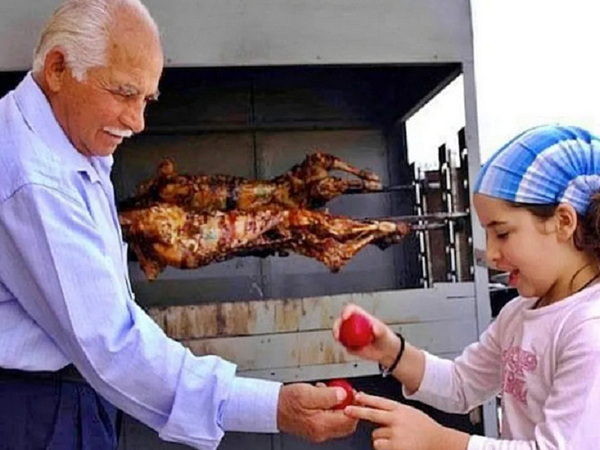
A Sense of Community and Togetherness
The tradition of cracking red eggs fosters a sense of communal joy and togetherness among Greeks during Easter festivities. It bridges generations, bringing families and friends together in laughter, bonding, and shared experiences. It's a cherished time when traditions are passed down from elders to the younger generation, strengthening familial bonds.
Blessing and Sharing
Red eggs also serve as conduits for exchanging Easter greetings and blessings. As two eggs are cracked together, one utters, "Christos Anesti" (Christ is Risen), met with the response, "Alithos Anesti" (Truly, He is Risen). This exchange reinforces the spiritual essence of Easter and the belief in Christ's resurrection.
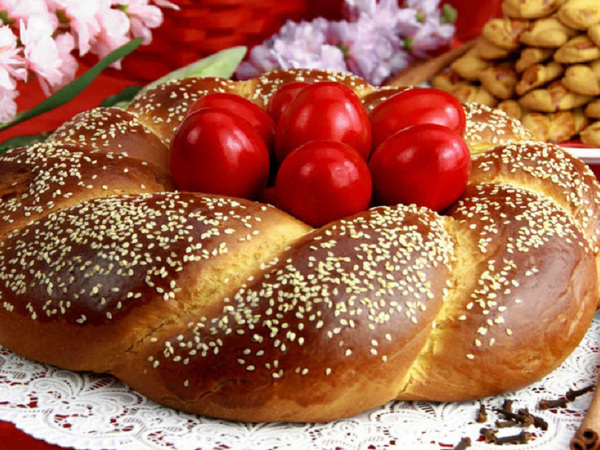
Historical Roots
The tradition of cracking red eggs during Greek Easter has deep historical roots, tracing back to early Christian practices. It may also draw from ancient pagan customs, where the egg symbolized fertility. Over time, these traditions merged with Christian beliefs, creating a unique blend of ancient and contemporary customs.
The tradition of cracking red eggs embodies faith, hope, and the enduring spirit of the Greek people. Rooted in the resurrection of Jesus Christ, its rich symbolism mirrors the essence of Easter. Beyond its religious significance, this tradition strengthens familial and communal bonds, reaffirming the eternal message of Easter – the triumph of life over death and the promise of renewal.
